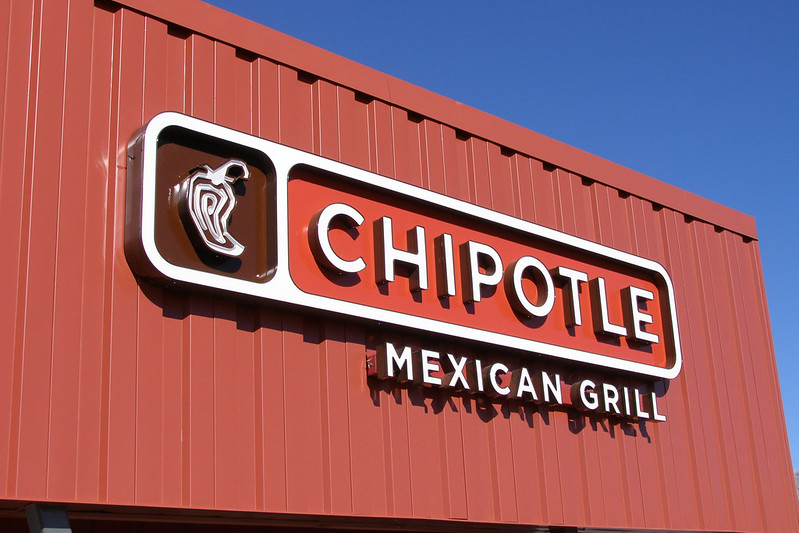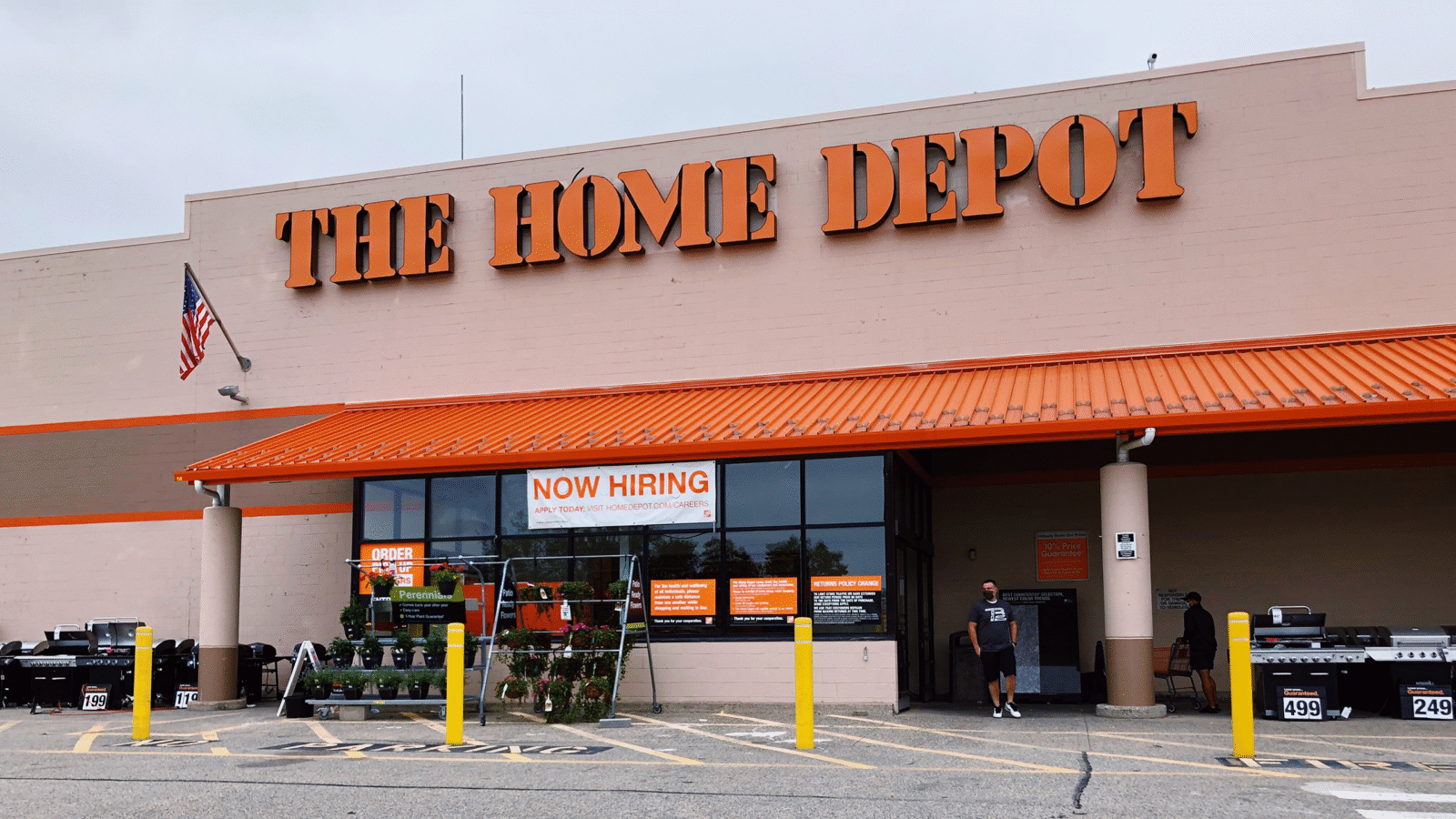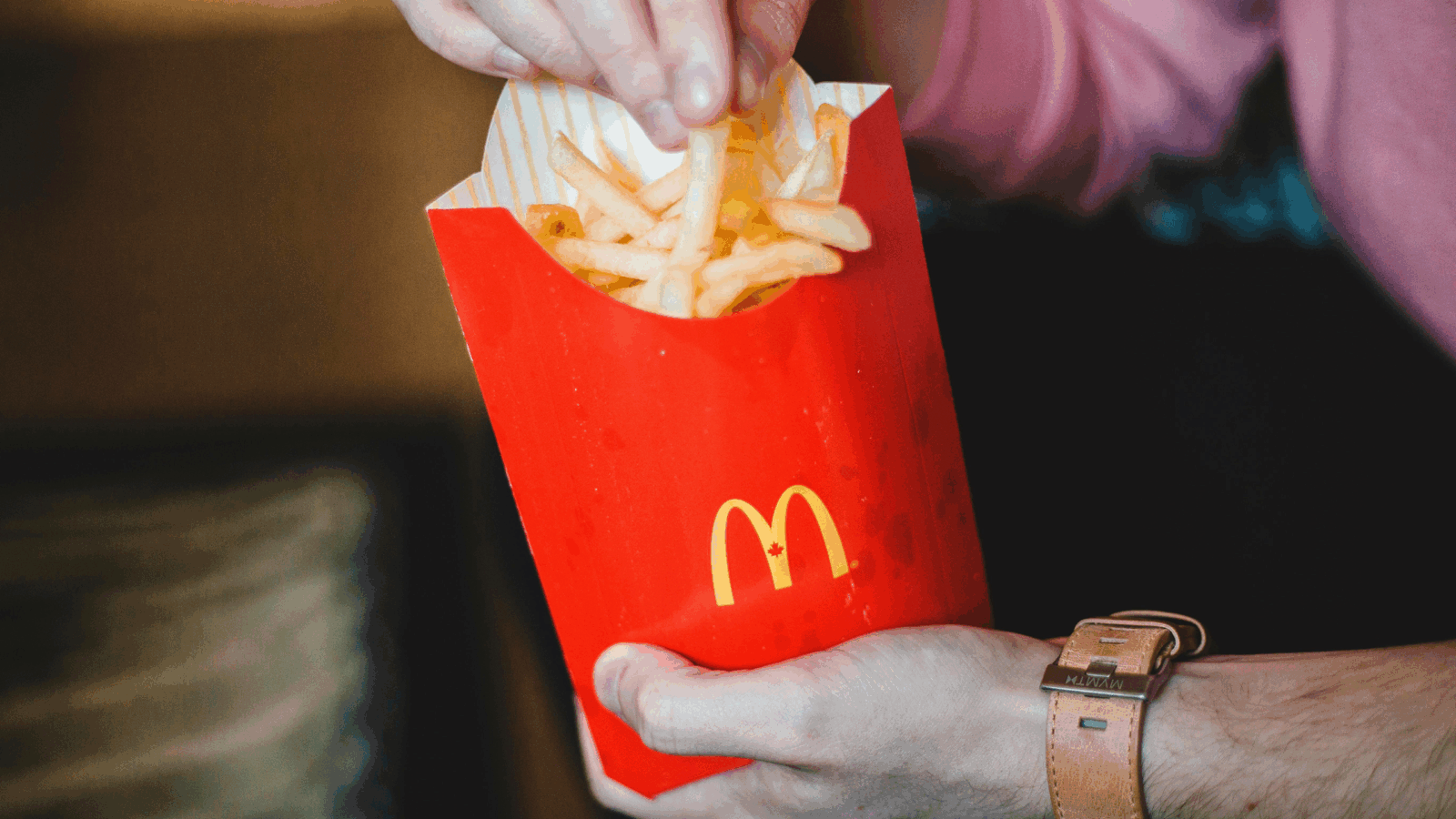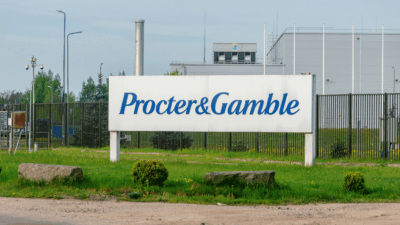
Sign up for smart news, insights, and analysis on the biggest financial stories of the day.
As the tech sector keeps laying people off by volume, the “Learn to code” is tired, and “Learn to make a burrito” is wired.
Chipotle announced on Thursday it plans to hire 15,000 full-time and part-time workers across North America ahead of its busy spring season. The restaurant is savoring strong growth and profits and has proved resilient amid inflation, but is nevertheless lobbying hard to avoid paying its workers an extra $6 per hour.
Careful Not To Overstuff
As a large chain, Chipotle fared pretty well through the pandemic compared to smaller, independent restaurants that lacked cash reserves to stay open through lockdowns. In February 2022 Chipotle opened its 3,000th restaurant and announced it eventually intends to operate 7,000 locations in North America.
A tumultuous economy hasn’t deterred consumers from eating out at their favorite chains. More concerning to Chipotle is a looming referendum in California that could bloat its operating costs:
- The referendum, due to be held next year, proposes legislation called the FAST Act which would guarantee fast food workers a minimum of $22 per hour, just over the current living wage in California for a person with no children, per the MIT living wage calculator.
- Chipotle joined other fast food behemoths including McDonald’s, Chick-fil-A, and Starbucks, in pumping $1 million each into lobbying efforts opposing the law. Given Chipotle pays its workers an average of $16 per hour, you can see how an almost 40% raise could loom large on its balance sheet, potentially thwarting its expansionist ambitions.
Salad Days are Over: As a small company that delivers fresh, organic vegetables, British food firm Riverford is the polar opposite of a Chipotle or a McDonald’s. It has also seen a huge dive in profits, partly because it raised pay for its workers to qualify as an accredited living wage employer. Staff aren’t the only ones getting a bit of the organic apple, either. Despite profits tanking 56% in its last fiscal year, founder Guy Singh-Watson saw his dividend double to £850,000. Guess you’d call that the carrot and carrot approach.











